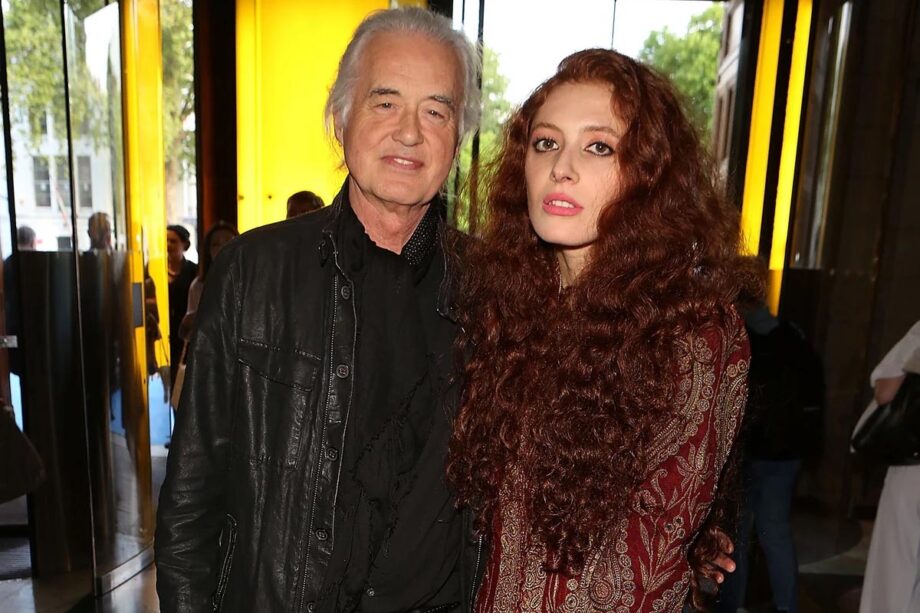Led Zeppelin guitarist Jimmy Page has addressed the growing concerns about artificial intelligence in music through a detailed statement on Instagram. The musician drew from his extensive experience as a session musician in 1960s London to explain the irreplaceable nature of human creativity.
‘In the disciplined studios of the early 1960s London, I honed my craft as a session musician, lending my guitar to a myriad of artists across genres,’ Page stated. ‘Those countless hours, often three three-hour sessions a day, were more than just work; they were a crucible of creativity, collaboration, and ceaseless inspiration.’
‘I was required to create and conjure riffs and lyrical figures immediately without slowing down the momentum of the work being recorded with the other musicians and the artist,’ he continued. ‘This journey from the anonymity of session work to the global stages with Led Zeppelin was not a path paved by algorithms or data sets. It was a voyage marked by spontaneous improvisation and the unquantifiable spark of human ingenuity.’
‘Today, as artificial intelligence seeks to mimic and monetise creativity, we stand at a crossroads,’ Page explained. ‘AI-generated art and music, synthesised from existing human works, lack the visceral essence that comes from lived experience. They are but hollow echoes, devoid of the struggles, triumphs, and soul that define true artistry.’
Page’s statement emerges amid a broader controversy about the UK government’s proposed legislation on AI and creative works.
UK Government’s AI Proposal
Louder Sound reports that the UK Government has proposed a new opt-out system. The Data (Use and Access) Bill would allow AI companies to use existing music as training data unless artists explicitly opt out.
The music community has strongly opposed the proposed legislation. Critics argue that it unfairly burdens artists with protecting their work.
Artists’ United Response
Blabbermouth reveals that several prominent musicians have united against these changes. Kate Bush, Imogen Heap, and Hans Zimmer have joined the protest movement.
The artists released a silent album titled ‘Is This What We Want?’ This symbolic gesture highlights their concerns about AI’s impact on creative expression.





